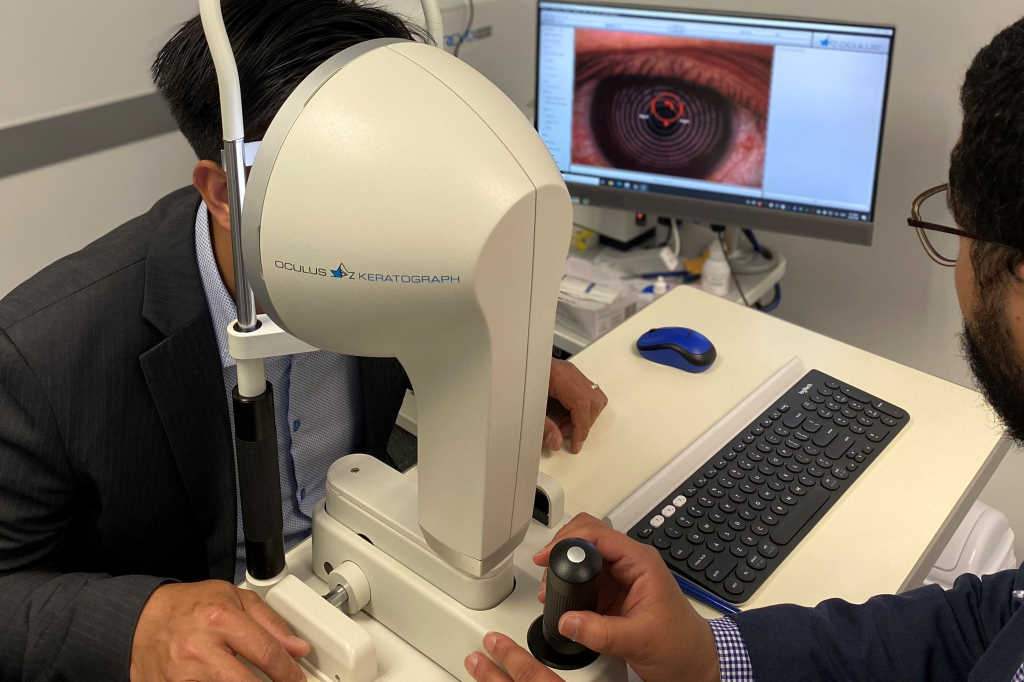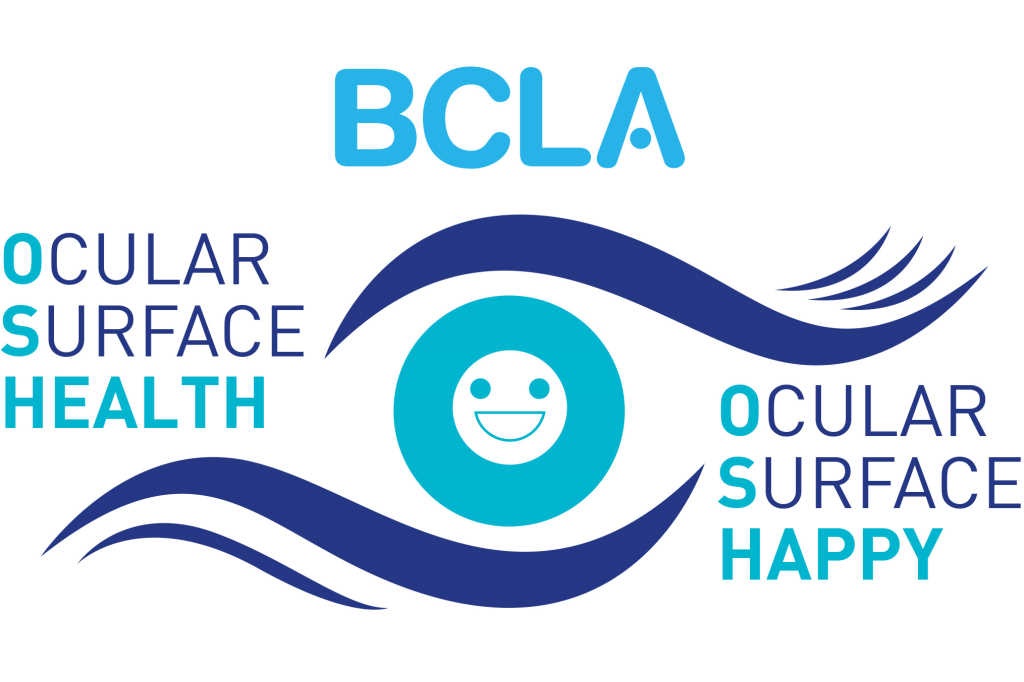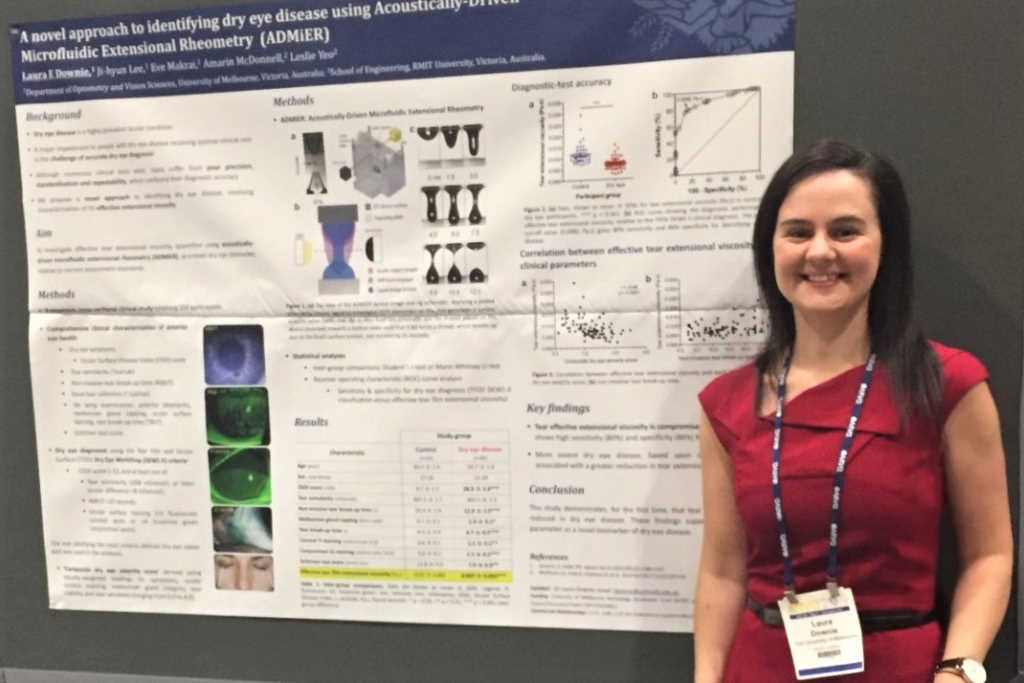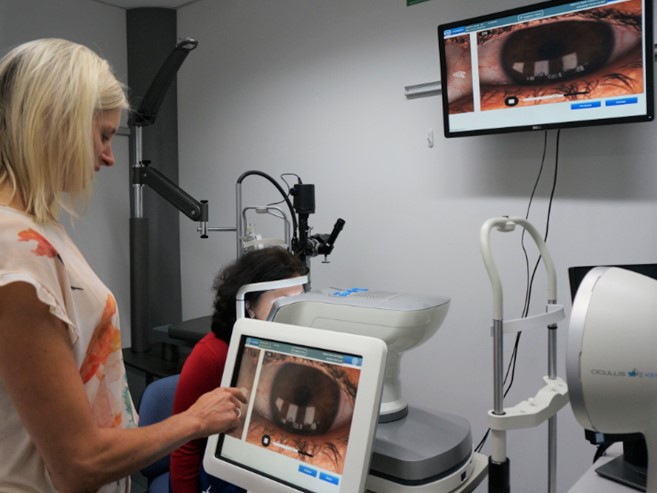Omega fatty acids for DED
Following the surprising findings from the Dry Eye Assessment and Management (DREAM) Research Group study in 2018, which concluded that omega-3 was no better than olive oil for managing moderate to severe dry eye disease (DED), a Cochrane Systematic Review suggests there might still be a role for the popular fish oil supplement.
Led by Australian TFOS ambassador, Associate Professor Laura Downie, from the Department of Optometry and Vision Sciences at the University of Melbourne, the Cochrane review set out to assess the effects of polyunsaturated fatty acid supplements omega-3 and omega-6 on dry eye signs and symptoms.
A search of five national and international databases and three trial registries highlighted 34 randomised controlled trials, involving more than 4,300 dry eye patients from 13 countries, where omega-3 and omega-6 supplements were compared with placebo, artificial tears or no treatment.
“Although much of the evidence was uncertain, long‐chain omega‐3 supplements may have little to no benefit, relative to placebo, on dry eye symptoms, but did improve some clinical signs,” wrote A/Prof Downie and her team. The researchers also found there was some beneficial effect on dry eye symptoms when omega-3 was combined with standard dry eye treatments, such as artificial tears, warm compresses and corticosteroid eye drops, compared to the standard treatments alone.
“Effects on other clinical measures, including dry eye symptoms and side effects, could not be clearly determined. It is also unclear whether other types of supplement combinations are effective for treating dry eye. We have low to moderate confidence in the evidence for all outcomes,” said the authors, concluding that current evidence remains uncertain and inconsistent, but that the review findings did suggest a possible role for omega‐3 supplements in DED treatment. “A core outcome set would work toward improving the consistency of reporting and the capacity to synthesize evidence.”
For the full review go to, www.cochranelibrary.com/cdsr/doi/10.1002/14651858.CD011016.pub2/full
























